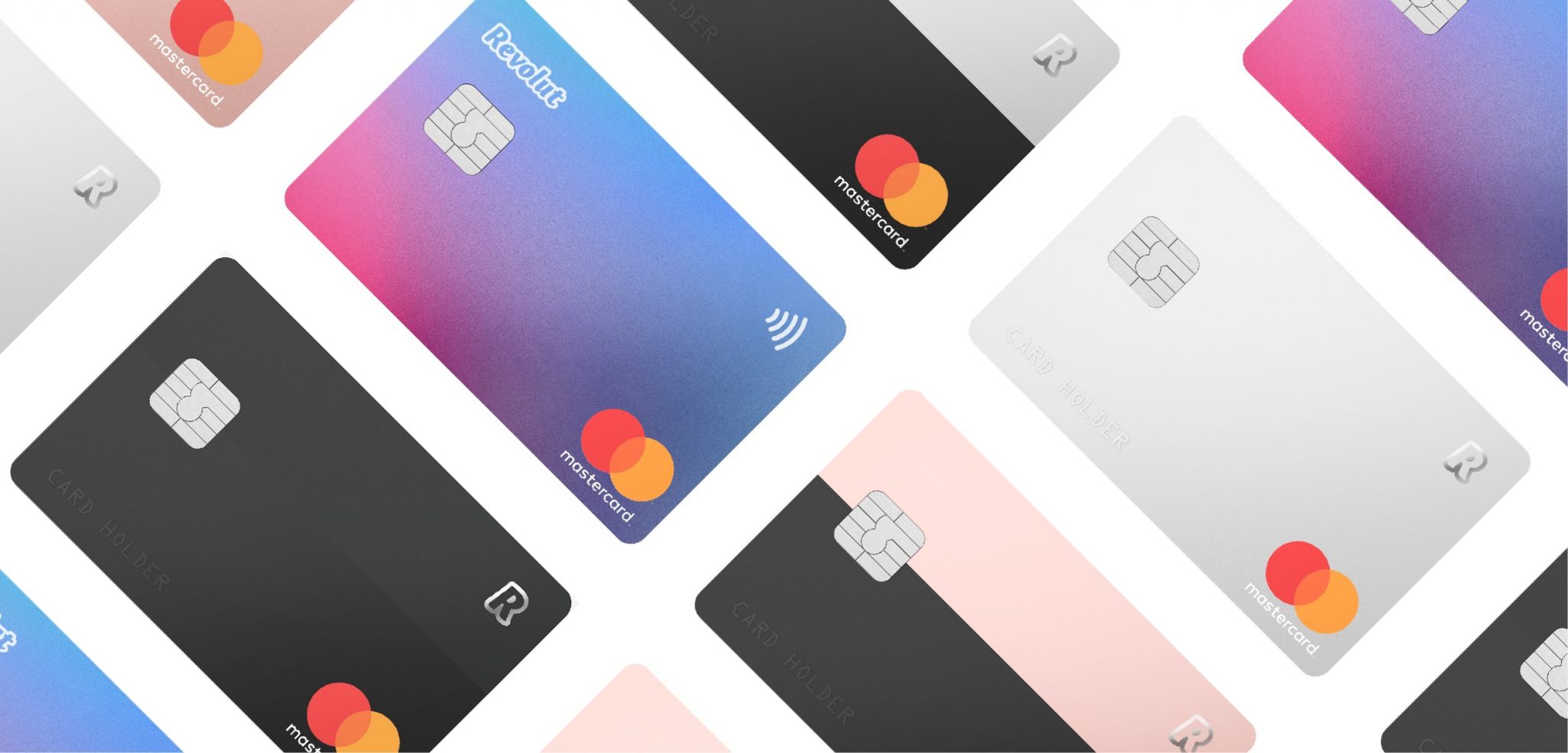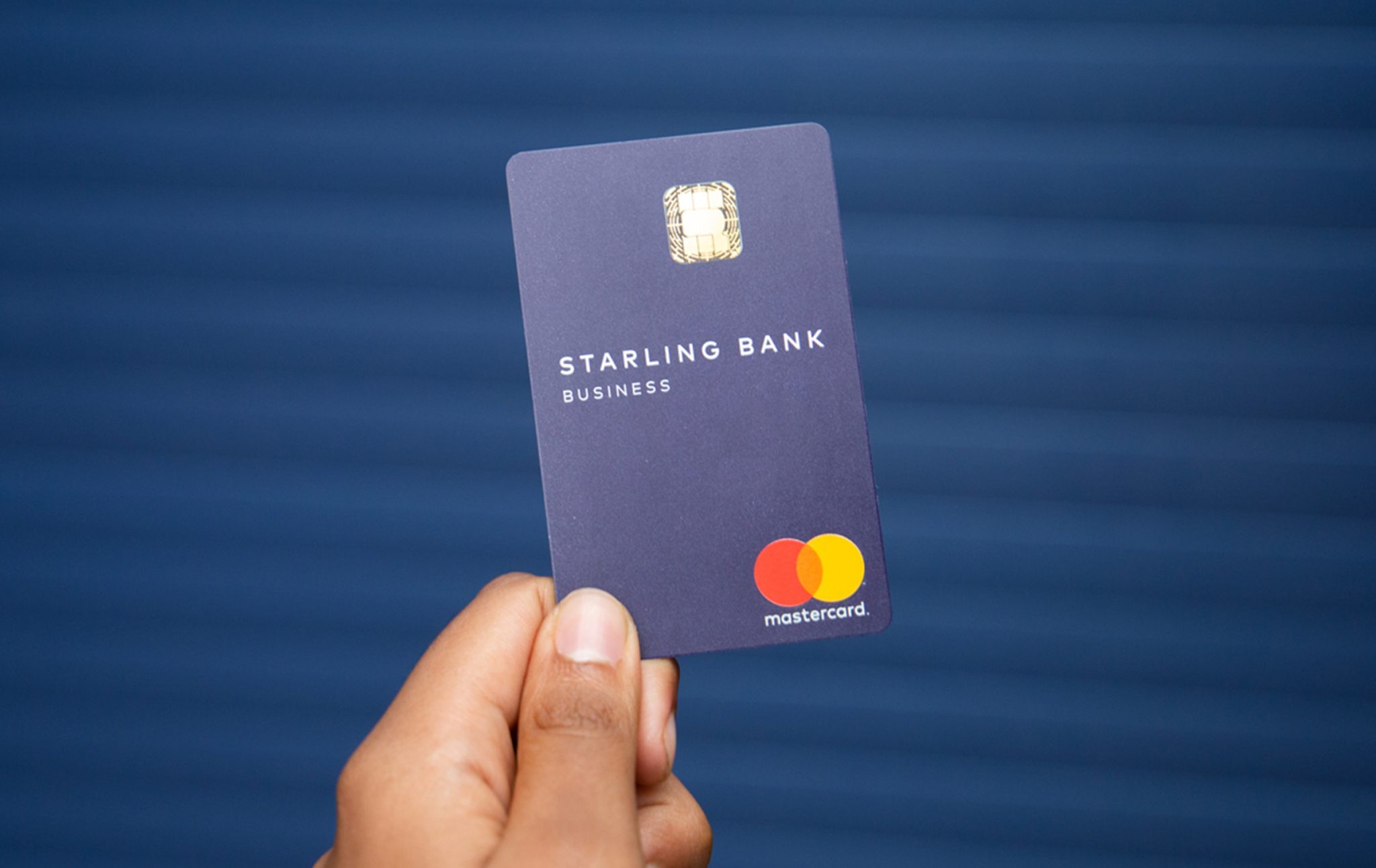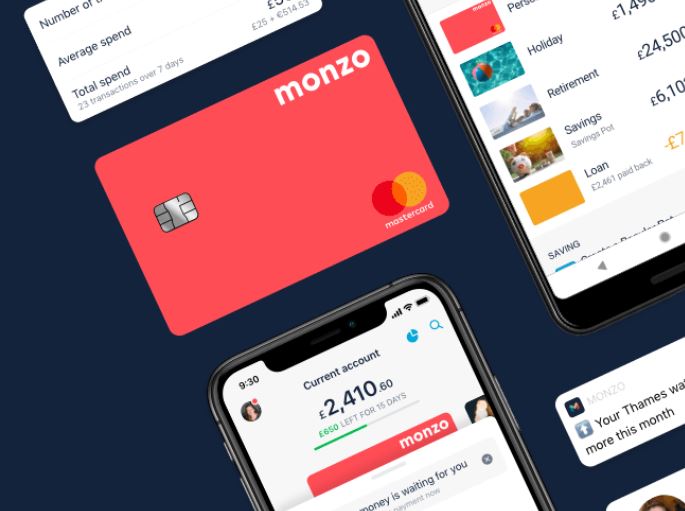Why UK challenger banks haven’t taken on the insurance market
Since the UK’s first wave of challenger banks arrived around 2015 with basic current account offerings, the biggest players – Monzo, Revolut, and Starling Bank to name the main three – are branching out into lending, stock trading, savings, and junior accounts.

“The insurance community is not necessarily responsive to change”
But none have made a decisive step into the insurance market. Revolut offers short-term phone insurance, as well as travel insurance – which Monzo also offers – whilst Starling Bank has been offering its business customers access to insurtech Digital Risks since September 2019 via its marketplace.
These offerings lean heavily on third parties. Revolut relies on Allianz Worldwide Partners to be the underwriter, and processes sales and customer service requests in tandem with Berlin-based Simplesurance. And Starling’s third-party marketplace model bypasses the need to create its own insurance products.
So, why have UK challenger banks avoided taking on the insurance market directly? “Well, number one is – it’s hard,” CEO of software-as-a-service (SaaS) insurtech Quotall, Simon Ball, tells FinTech Futures.
Whilst the banks already have a grip on the country’s financial regulations, it is the culture of the insurance industry, and the continuous change in policy documentation for insurance products, which makes it hard for upstarts to break into the market, according to Ball.
“The insurance community is not necessarily responsive to change, it’s quite an opaque environment, which makes it hard [for challenger banks] to meet the right partners,” Ball explains. But the age-old mind-set that “unless you’re embedded, it’s an impossible sector to break into” is starting to change.
Related: Insurance in the digital age: injecting automation into the claims process
Quotall, originally a consulting business, launched a product range in 2016 to help insurance companies go digital. More recently, it spun out a business model built off the back of a new demand – one which helps digital brands cross into the insurance sector.
Building the technology required for an in-house insurance offering is complicated, whether you have the right partners or not. Ball says Quotall has made “significant technology investments” to bridge this gap for digital companies like challenger banks.

“Insurance for businesses is rather behind the rest of the digital insurance sector”
He says Quotall is having conversations with some of these challengers, though he does not mention names or stages of potential deals. “In the last 12 weeks we’ve had more inquiries for our services than in the last 12 months,” says Ball, pointing to the coronavirus crisis as an accelerator for change in the insurance industry.
Insurtech – a digital off-shoot of the insurance sector – is still in its early stages of development and is currently undergoing its ‘infrastructure stage’. Ball anticipates the next stage will be “better underwriting decisions”, which “will speak to small and medium-sized enterprises (SMEs)”.
“Insurance for businesses is rather behind the rest of the digital insurance sector – it’s [still] heavily reliant on manual processes,” says Ball. This is supported by McKinsey research in 2017, which found that insurtech’s initial focus was on the retail client, and not the business customer.
The average investment per insurtech rose fivefold between 2011 and 2015, from $5 million to $22 million, according to McKinsey. In 2019, the global insurtech market was valued at $5.48 billion, and according to ResearchAndMarkets.com this figure is set to nearly double to $10.14 billion by 2025.
So, if insurtech services such as Quotall are set to grow in value over the next five years, then the demand for their services will also have to grow. Asked which UK challenger banks are likely to take the first step into insurance, Ball does not point to certain fintechs, but says “it’s important to have a certain degree of critical mass” before taking on the sector.
Read more: IBM signs services deal with Dutch insurance giant Aegon

“SMEs don’t’ love insurers or banks, so you can see the vacuum here – it’s an own goal waiting to be scored”
Viking Direct, the office stationery supplies subsidiary of Office Depot Europe, is one of Quotall’s larger clients, and from May 2019 started offering business, motor trade, commercial vehicle, professional indemnity and construction insurance to its roughly 325,000 UK SME customers. Like challenger banks, Viking Direct had previously sold none of its own insurance products.
Ball calls the current experience for SMEs going through incumbent banks for insurance products “hardly compelling”. “It’s all through a disjointed handover, cross-selling to somebody else,” he says.
This is where the opportunity lies for challenger banks – particularly for those like Revolut aspiring to become the ‘super app’ of the West. “SMEs don’t love insurers or banks, so you can see the vacuum here – it’s an own goal waiting to be scored,” says Ball.
In the wider insurance-banking sector, some analysts think consolidation is the way forward, which will mean bank’s insurance offerings could soon look very different. An analyst told insuranceNEWS.com.au this month that QBE – Australia’s second largest global insurer after Insurance Australia Group – should consider bidding on the general insurance arms of Westpac or Commonwealth Bank of Australia (CBA) to bulk up its presence in the profitable home and personal motor markets.
Both Westpac and CBA are currently looking at options for their general insurance operations, including a potential sale at the right price.
In the UK, whilst banks earned returns as high as 982% on selling payment protection insurance (PPI), the later PPI scandal which emerged has cost the banking industry roughly £50 billion. Lloyds alone has paid back more than £20 billion.
“Retail banks haven’t got a great track-record,” says Ball, citing the PPI scandal. “The retail banks aren’t trusted and aren’t trusting themselves to build insurance services.” So, is it time for challenger banks to step up to the challenge?
Read next: Embark buys Zurich’s UK retail and investment management business










































